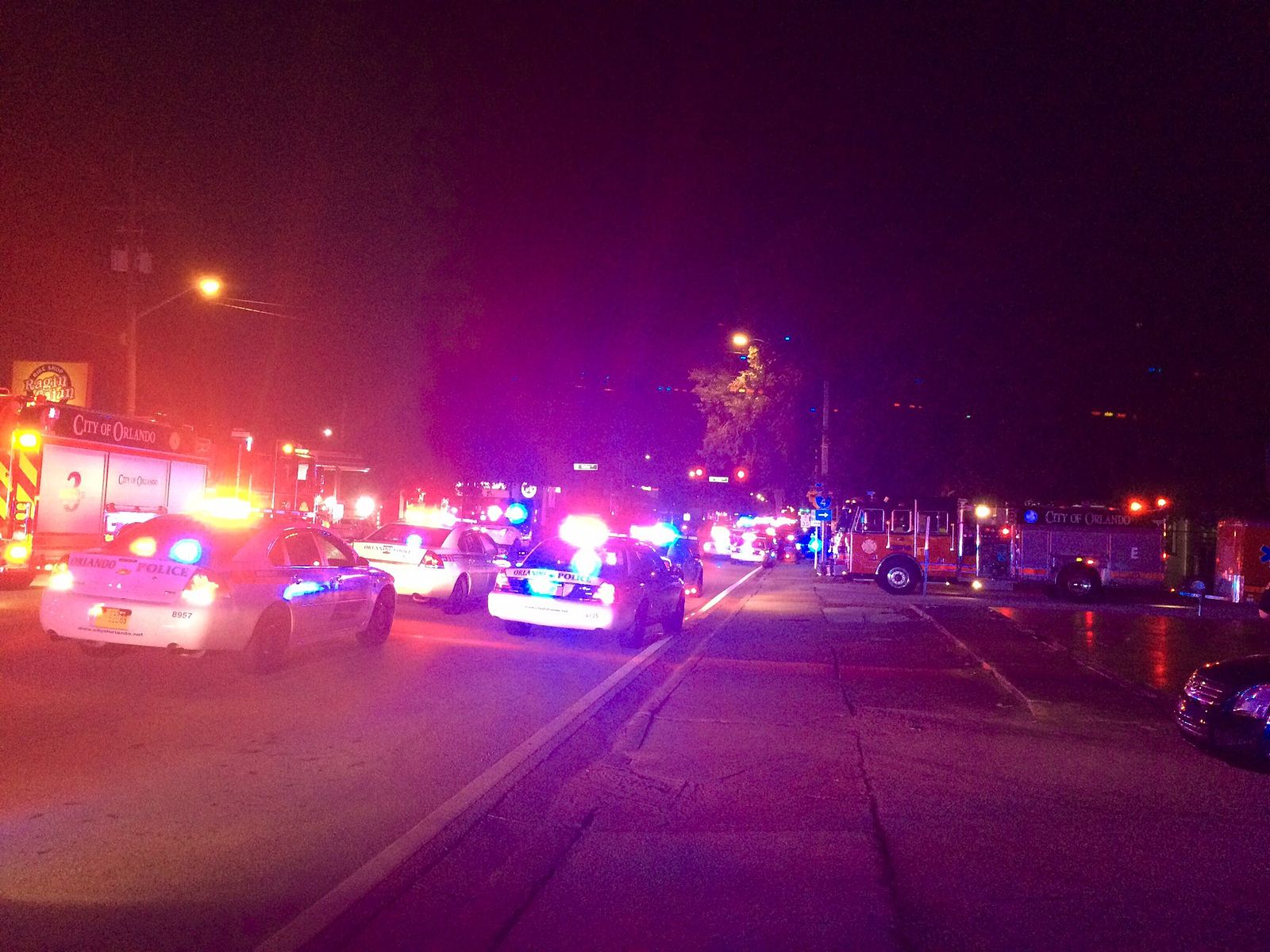The nation is recovering from the senseless act by Omar Mateen. He walked into Pulse, a gay nightclub in Orlando, Florida, and fired off his assault rifle and handgun that killed 49 and left 53 wounded. As predicted, presumptive Republican nominee Donald Trump blamed Muslims for the attack and continued to advocate for banning Muslims from entering the United States. While this, by no means, excuses his divisive and hostile rhetoric, Trump is merely voicing opinions held by a significant number of Americans. This is entirely un-American.
Although Mateen declared allegiance to ISIS before the attack, authorities believe there was no direct connection of the attack to ISIS, but that Mateen acted on his own accord. However, what is clear is that extremist ideology influenced Mateen, an ideology propagated by ISIS’s extremist interpretation of Islam.
ISIS’s distorted interpretation of Islam is not different from the beliefs held by some followers of Christianity, who view homosexuality as an abomination as it is expressed in some biblical scripture. Yet there will be those who will attempt to connect Mateen’s homophobia to Islam. In support of their argument, they will point to Muslim-majority countries, such as Yemen, Saudi Arabia and Iraq, where homosexuality is a capital crime. However, there are countries where the majority of the population is Christian, such as Barbados and Antigua and Barbuda, where it is illegal to be gay. Moreover, just because a country is dominated by Muslims or Christians and forbids homosexuality, it does not mean that every follower of that faith is a homophobe. As any student of the social sciences is taught, correlation is not causation.
The reality of the Orlando incident is that all of this could have been prevented if the United States had stricter gun regulations including background checks. It is unfathomable that Mateen, who had been twice investigated by the FBI, was still able to buy the assault rifle and handgun he used to commit the horrendous act. Moving forward, the question remains whether Orlando will be the incident that propels Congress to enact gun control reform.
Gun control reform has never been a politically popular issue. This is partly due to the National Rifle Association, but it is also because of Democrats and Republicans representing constituents that oppose many measures that regulate access to guns.
Another problem is the simplistic narrative of gun control, as voiced by the NRA, in which it is continually alleged that gun control reform is a violation of the Second Amendment.
The NRA has been widely successful at delivering this message, while gun control advocates have failed to defeat this inaccurate narrative. Perhaps the tide has turned in favor of gun control reform because a vast majority of Americans support reforms such as background checks. But with this Congress, stricter gun regulation is doubtful.
Leslie McNamara is a public policy graduate student specializing in health policy. She can be reached at lamcnamar@gmail.com.



